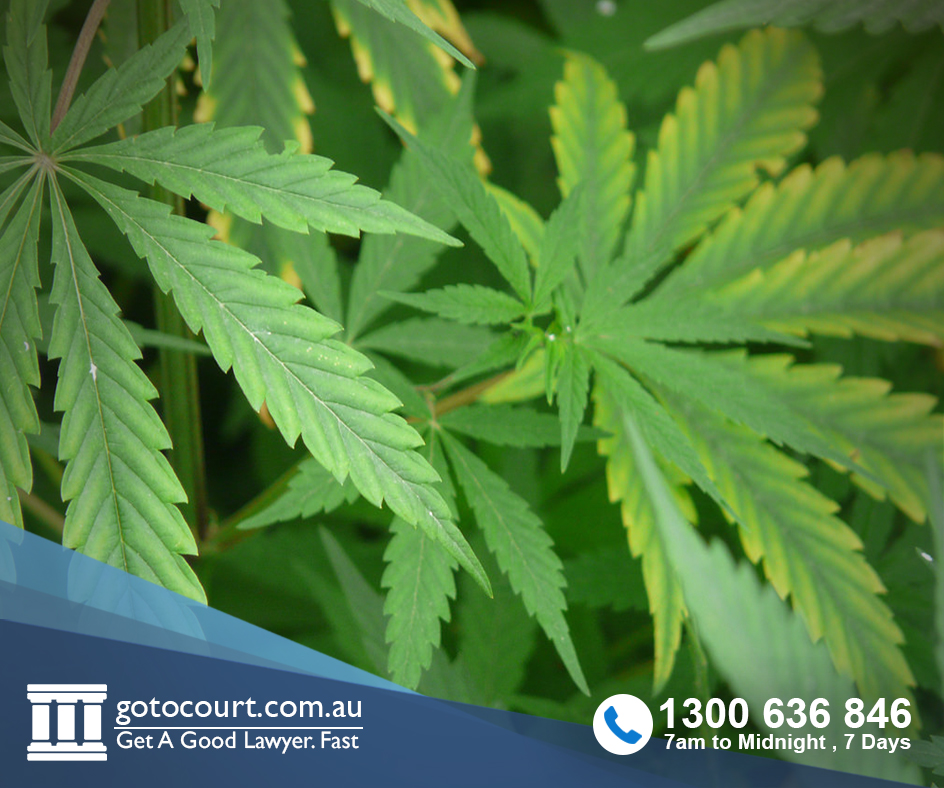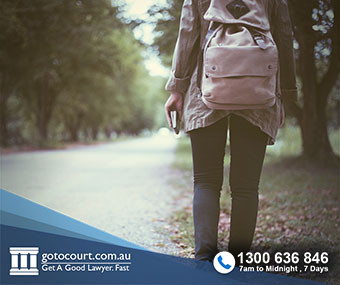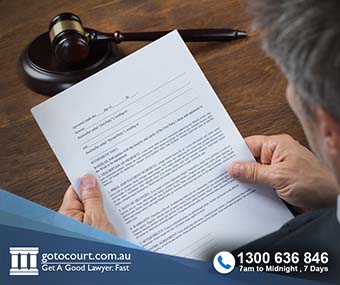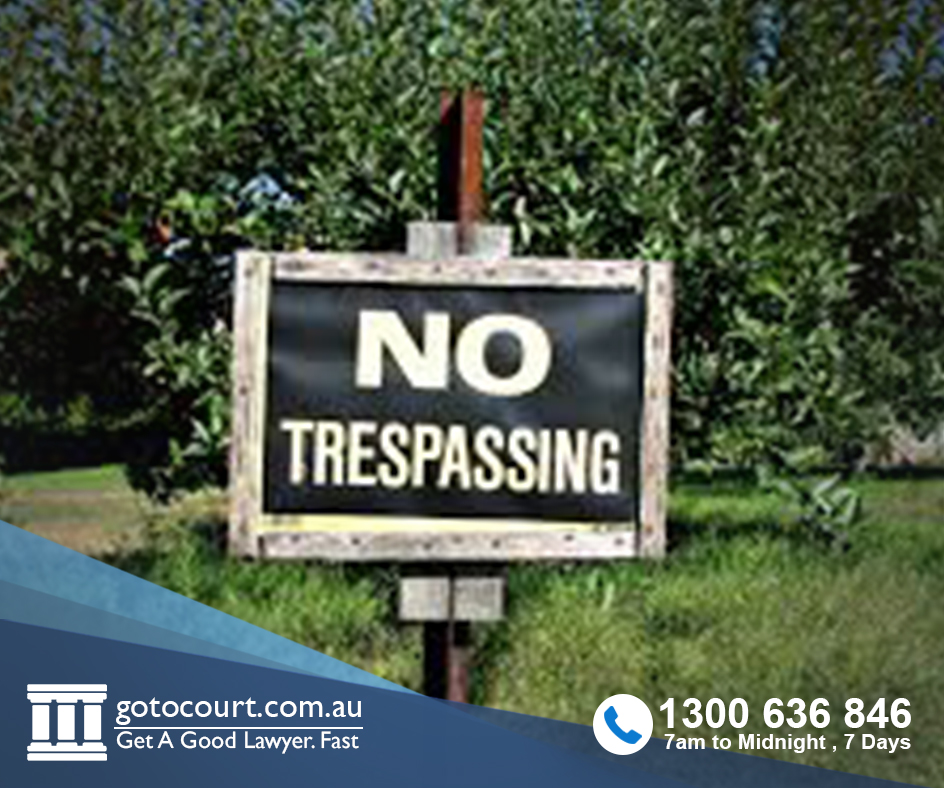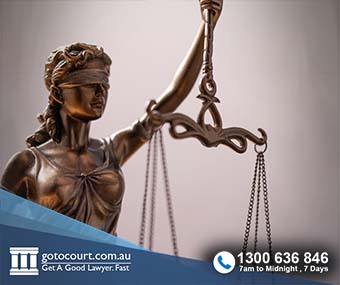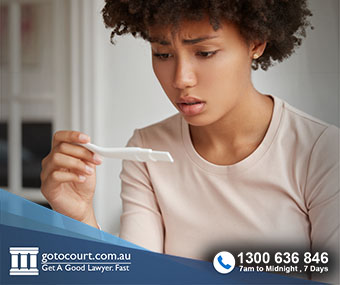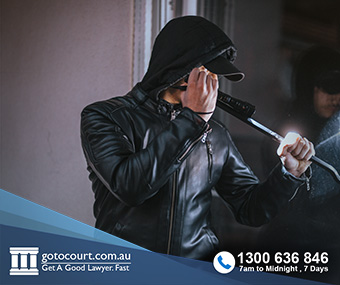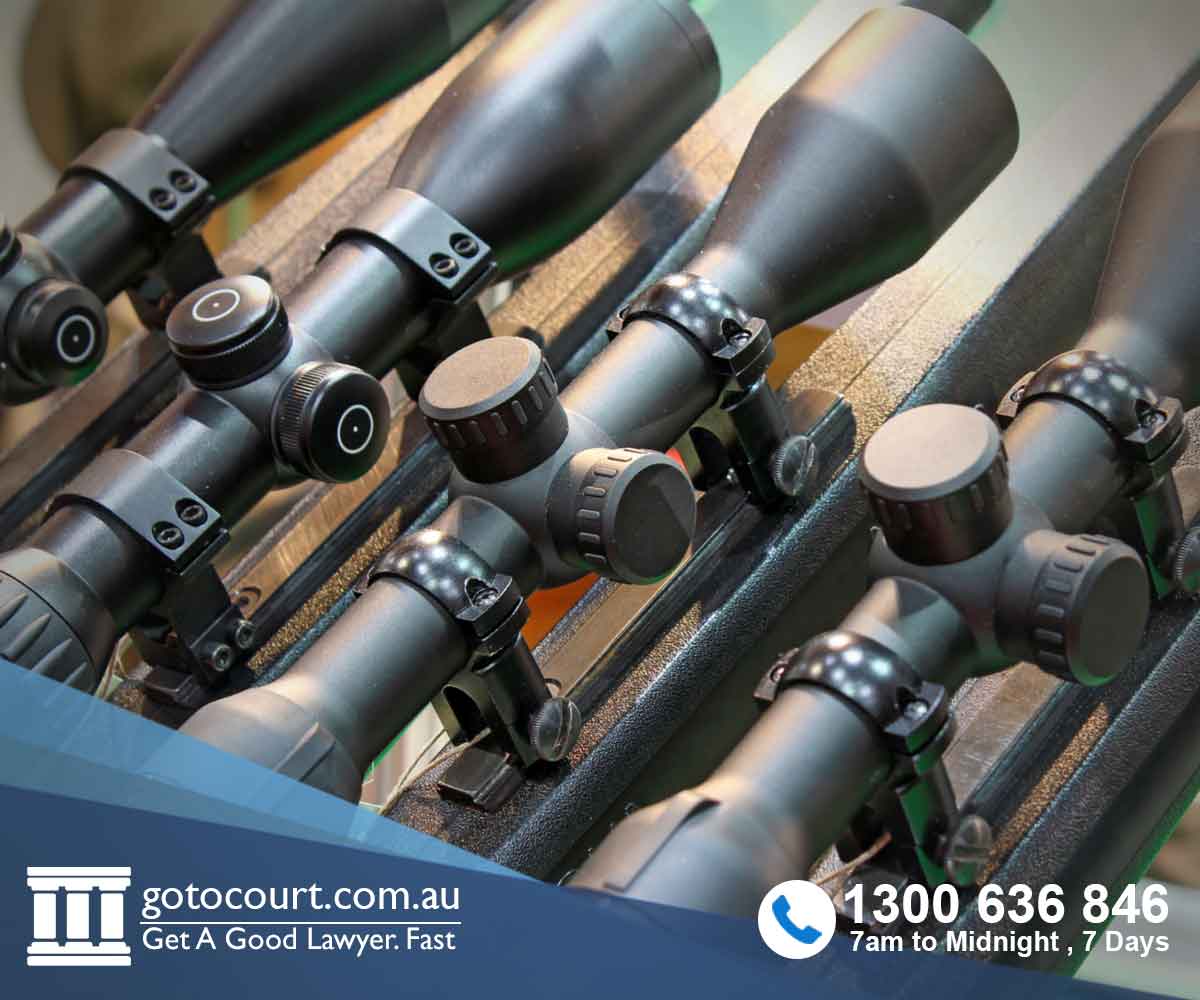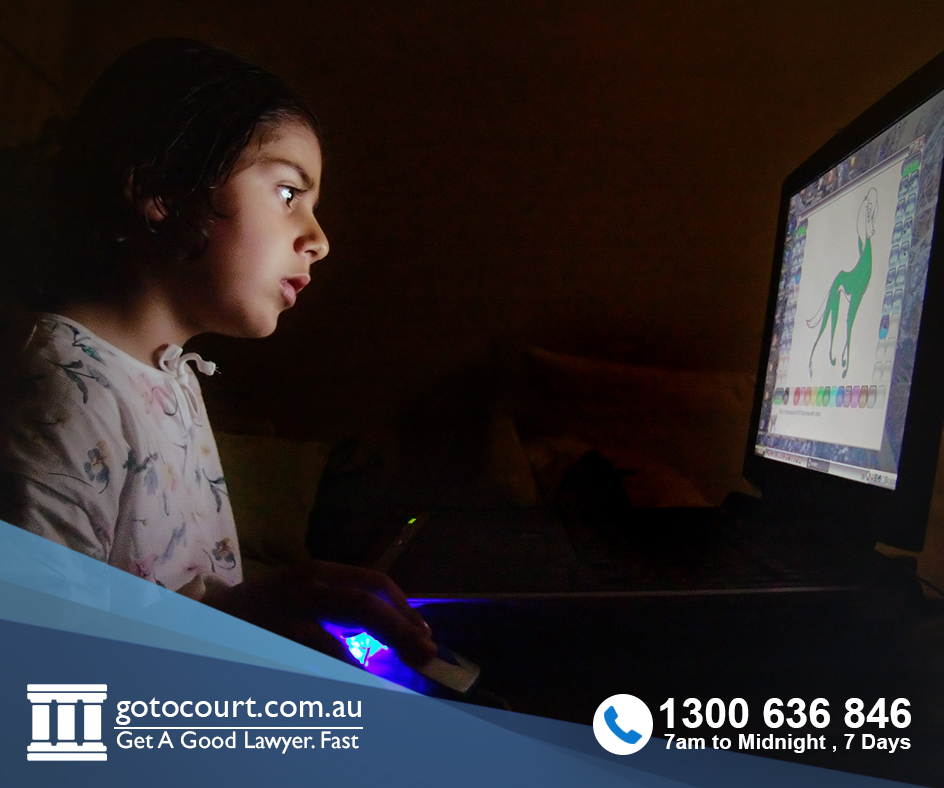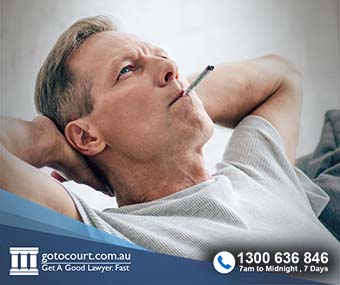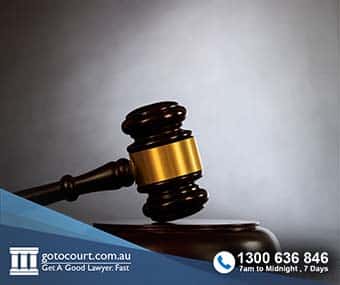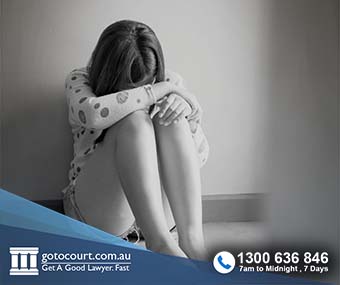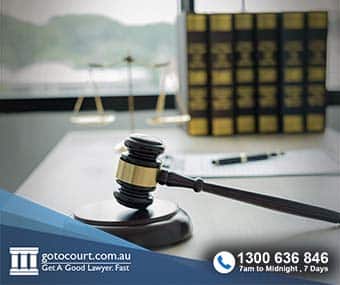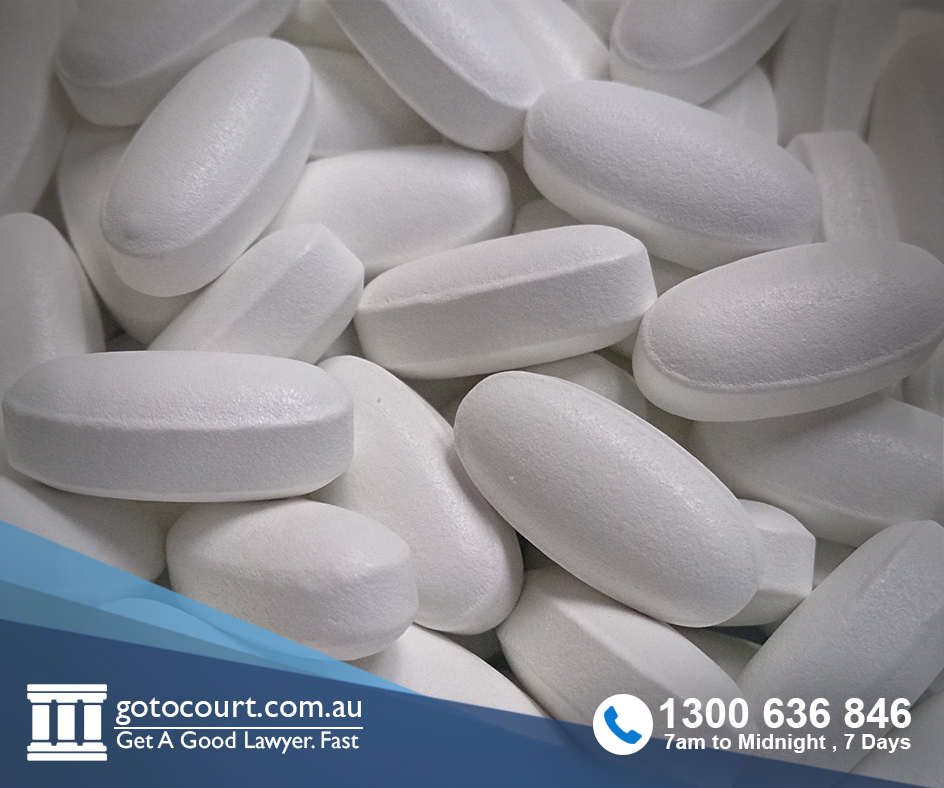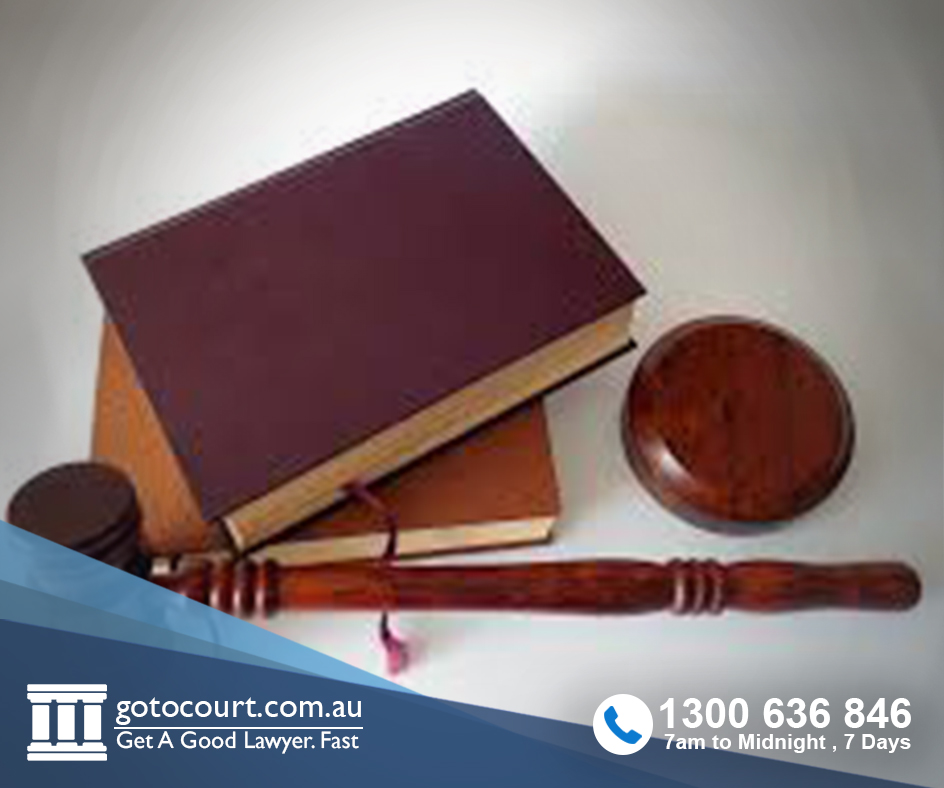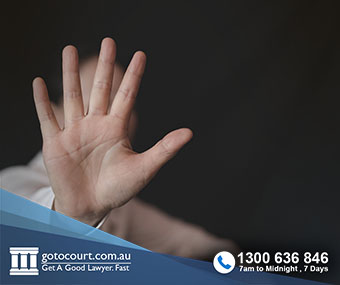Call our lawyers
now
or,
have our lawyers
call you
Drug Offences in Queensland
Updated on Nov 08, 2022 • 7 min read • 901 views • Copy Link
Drug Offences in Queensland
There are many drug offences in Queensland with which a person can be charged. The penalties for these offences vary depending upon the type and quantity of drugs involved and the circumstances in which the offence occurred.
More severe penalties attach to drug offences in Queensland which involve schedule 1 drugs than for schedule 2 drugs. The more serious offences involve drugs such as cocaine, heroin, amphetamines, LSD, and ecstasy; the less serious (schedule 2) offences involve, for example, morphine, cannabis, and barbiturates.
The Commonwealth Criminal Code Act covers offences of importing and exporting illegal drugs. Otherwise, most drug offences in Queensland are in the Drugs Misuse Act 1986 and Drugs Misuse Regulation 1987.
Police search powers
Police have the power to search people, their possessions and their vehicles if they reasonably suspect they will find evidence of a drug offence. They can also request a person’s name, address, and date and place of birth if they believe the person may be able to help in investigating an offence. If the person doesn’t provide that information the maximum penalty is one month imprisonment or a fine of up to $750.
Importing and exporting
It is a Commonwealth offence to:
- import or export, or try to import or export, prohibited drugs. The prosecution must prove that the person knew that they were carrying drugs and intended to import or export them.
- assist or be involved in importing or exporting drugs. The prosecution must prove the person knew of the importation or exportation, as well as the performance of some act, such as exchanging or paying money.
Drug possession
State legislation includes the offence of possession.
- For a person to ‘possess’ a drug, they must know of its existence and be exercising control over it. They must also know, or have reason to suspect, that the substance is a drug.
- You do not have to own the drug to be convicted of possession.
- The drug doesn’t have to be in the person’s physical possession (such as in their pocket); it is sufficient if it is in an area under their control such as their house or car.
- More than one person can be in possession for the purposes of drug offences in Queensland. For example, a person who knows, or has reason to suspect, that there are drugs in a share house in which they live can face charges for drug possession even though they belong to another person in the house.
- A person can be in possession of a drug even if they didn’t buy it, haven’t used it, and don’t intend to use it.
Drug offences in Queensland relating to supply
It is not necessary for a drug to be exchanged for money or other gain to amount to supply. Giving or even offering to give it to someone is supply even though the drug may never be handed over. The penalty for supply will depend upon the amount of the drug, to whom it is supplied, and whether the supply resulted in any gain to the person.
Supply includes:
- selling, administering, giving, distributing, or transporting drugs
- agreeing or offering to do any of those things
- preparing to administer, give, distribute, sell, transport or supply drugs.
The offence is made more serious (aggravated) if the person supplying the drug:
- is an adult and supplies it to a minor or an intellectually handicapped person
- supplies it to a person in jail, or in a school or other learning institution, or
- supplies it to someone who doesn’t know that it is a drug.
Trafficking
One of the most serious drug offences in Queensland is trafficking.
Trafficking involves supplying drugs at a commercial level, usually in large quantities, and involving multiple sales and an organised business. A person must be disposing of the drug for money or something else of value. Buying a drug intending to sell it to another person is trafficking.
The maximum penalty for trafficking in drugs such as cocaine or heroin is 25 years imprisonment.
Cultivation or manufacture of drugs
The cultivation and manufacture of illegal drugs are offences in Queensland.
Cultivating prohibited plants includes growing the plants and looking after them by, for example, watering them. Production of illegal drugs encompasses all activities related to the manufacture of the drugs, such as preparing, producing, and packaging the drugs, or offering to help out in any way. The offences can relate to anything from a fully-functioning meth lab to a single cannabis plant in your home. The penalty will depend on the quantity of drugs and the degree of involvement in the process.
There is also an offence in Queensland of publishing or possessing a formula for the production or manufacture of an illegal or dangerous drug. This offence carries a maximum penalty of 25 years imprisonment for a schedule 1 drug, or 20 years for a schedule 2 drug.
Possession of drug paraphernalia or suspected property
The legislation governing drug offences in Queensland also includes the possession of ‘things’ related to drugs (drug paraphernalia) or suspected property.
‘Things’ includes:
- items or implements used to take or administer drugs (eg a bong, cocaine spoon, or pipe). A person can’t have anything in their possession that is, or is intended to be, used to administer, consume or smoke a dangerous drug. The police don’t need to show that the item was actually used for a drug offence; only that it is intended to be. For example, a person can be charged with possessing a bong without being found with marijuana. A person who has a syringe or needle must take all reasonable precautions to avoid danger to the life, safety or health of anyone else. After it is used, it must be placed in a sharps container or given to a medical practitioner or pharmacist.
- implements or ingredients used to produce drugs (eg scales, pill press, or hydroponic cultivation equipment) if they have been used, or if the intention is to use them, to commit a drug offence.
Suspected property can be anything in your possession which may have been acquired or used for the purpose of committing a drug offence. It can include the proceeds of a drug offence such as money.
You do not have to be charged with drug possession to face a charge of possession of things or suspect property. If you cannot satisfactorily explain how you came into possession of alleged items or property, then the penalty can be up to 2 years imprisonment.
Permit a place or property to be used to commit a drug offence
The occupier of a place or property, or anyone involved in its management or control, must not allow anyone to use it for the purpose of committing a drug offence. It is not necessary that they take part in or benefit from the offence; only that they are aware of the activity and allow it to occur on their premises. The maximum penalty is 15 years in jail. Examples are:
- a landlord letting a tenant grow marijuana or opium poppies in the yard
- the owner of office space allowing a person to sell drugs from there
- a body corporate manager allowing someone to make amphetamines in a garage in a block of flats.
Summary or indictable drug offences in Queensland
If the drug offence and the circumstances in which it occurs are minor in nature, you may be able to elect to have the matter dealt with summarily in the Magistrates Court. This is normally reserved for offences which have a penalty of not more than 15 years, determined by reference to the type of drug and the quantity, and must not involve a commercial purpose.
If the matter is heard summarily in the Magistrates Court or the Drug Court, on conviction, the penalty imposed cannot be greater than 3 years imprisonment. All other drug offences will be dealt with as indictable matters.


Affordable Lawyers
Our Go To Court Lawyers will assist you in all areas of law. We specialise in providing legal advice urgently – at the time when you need it most. If you need a lawyer right now, today, we can help you – no matter where you are in Australia.How It Works








1. You speak directly to a lawyer
When you call the Go To Court Legal Hotline, you will be connected directly to a lawyer, every time.


2. Get your legal situation assessed
We determine the best way forward in your legal matter, free of charge. If you want to go ahead and book a face-to-face appointment, we will connect you with a specialist in your local area.


3. We arrange everything as needed
If you want to go ahead and book a fact-to-face appointment, we will connect you with a specialist in your local area no matter where you are and even at very short notice.


